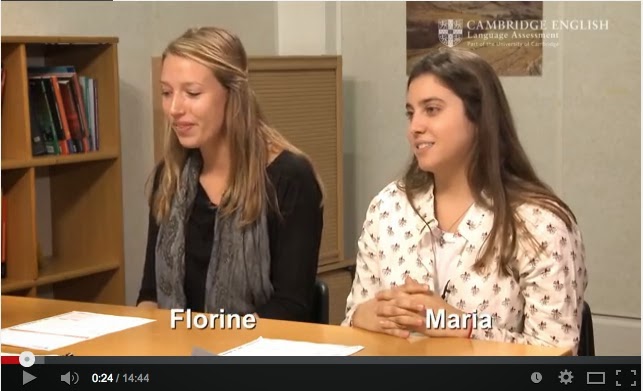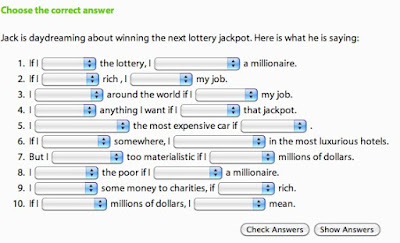Too and Enough
Do you remember how to use 'too' and 'enough' to talk about how much something is?
Test yourself with this simple online drop-down menu exercise. Go to the link below to give it a try right now.
http://www.myenglishpages.com/site_php_files/grammar-exercise-too-enough.php
Too and Enough
Too and enough indicate degree. They are used with adjectives.
- Too means more than what is needed.
- Enough means sufficient.
Examples
He is too old to play football with the kids.
Dave is intelligent enough to do the write thing.
You're not working fast enough
I don't have enough time.
He has too many friends.
She has got too much patience
Use of too and enough
1.Enough precedes adjectives and adverbs:
He isn't old enough to watch this program.
We're not walking quickly enough.
2.Enough may also precede nouns:
We have enough money .
I have not got enough money to buy this computer.
3.Too comes before adjectives and adverbs:
It's too hot to wear that coat.
I was driving too fast.
4. Too may also come before nouns when it is used with the expressions too much and too many.
a. Too much is used before uncountable nouns.
There is too much salt in this food.
b. Too many is used before countable nouns
There are too many students in this classroom.



















